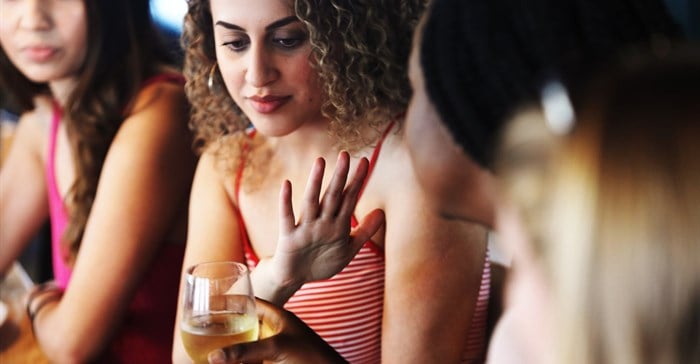
Top stories






More news





ESG & Sustainability
#Sona2026: President announces crisis committee to tackle SA's water challenges









While many societies around the world have invested their spend in non-alcoholic beverages for a few years now, 2019 was a breakthrough year for South Africa in the evolution of our drinking zeitgeist. Within a mere 12 months, we (largely) went from shaming those who were not drinking to warming to the idea that an alcohol-free life is not only achievable, but desirable.
Our parents used to drink and drive as if it was totally normal. Younger generations have almost entirely replaced ‘one for the road’ with vocal disapproval when someone overindulges. DJ Angela Weickl is one of those who spoke specifically about casual drinking, as opposed to the more obvious versions of alcoholism.
This is a conversation that is starting to emerge more and more, with people becoming less and less tolerant of their casual habits and wishing to stop entirely, or at least drink less.
At the beginning of 2019, one of the issues confronting non-drinkers was the absolute dearth – with the exception of The Duchess and 0.0% beers – of options available to them. Rock shandies, sparkling water and Coca-Cola are hardly the hallmarks of a lovely evening out.
During the year, the vacuum began to slowly fill – The Duchess and 0.0% beers started to make their mark, the interest in Kombucha grew and Vermont Vergin non-alcoholic gin burst on to the scene. The conversation, too, grew with the inaugural Mindful Drinking Festival taking place late in 2019.
Liquid chefs like Siavash Behaein are also getting in on the act and experimenting with alternatives to alcohol in cocktails, including using seeds and interesting fermentation techniques.
In conclusion, the change we’re seeing is that the trend towards non-alcoholic is less about the evils of drinking, and more about the pros of not drinking. The culture encourages people to choose a lifestyle that helps them pursue behaviours and products to become the best version of themselves that they can be. And alcohol isn’t one of them.
